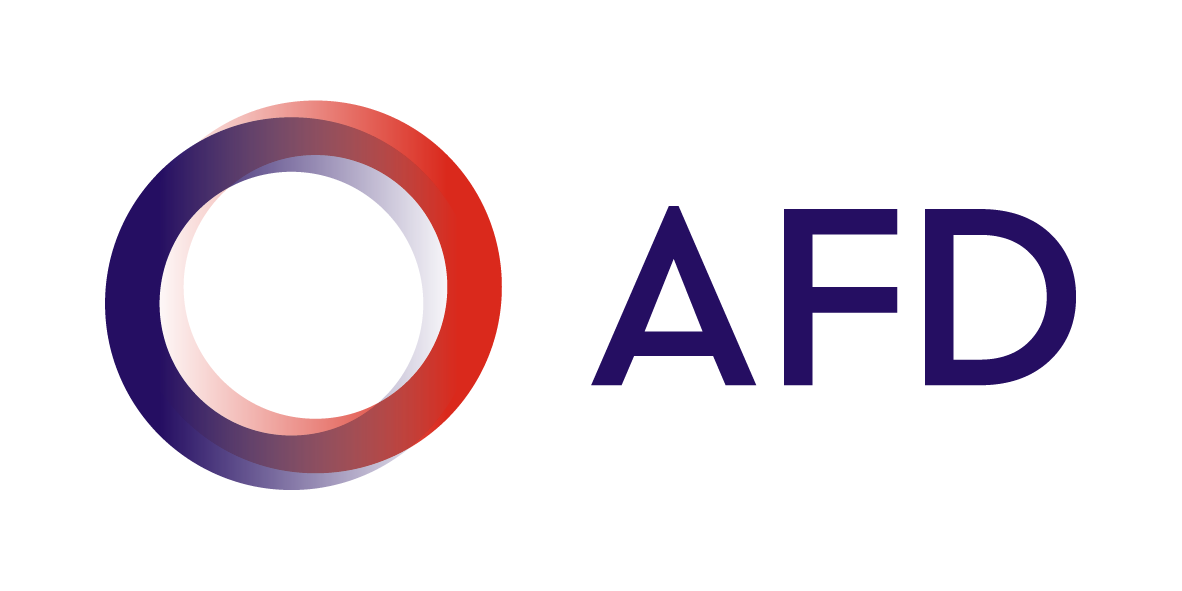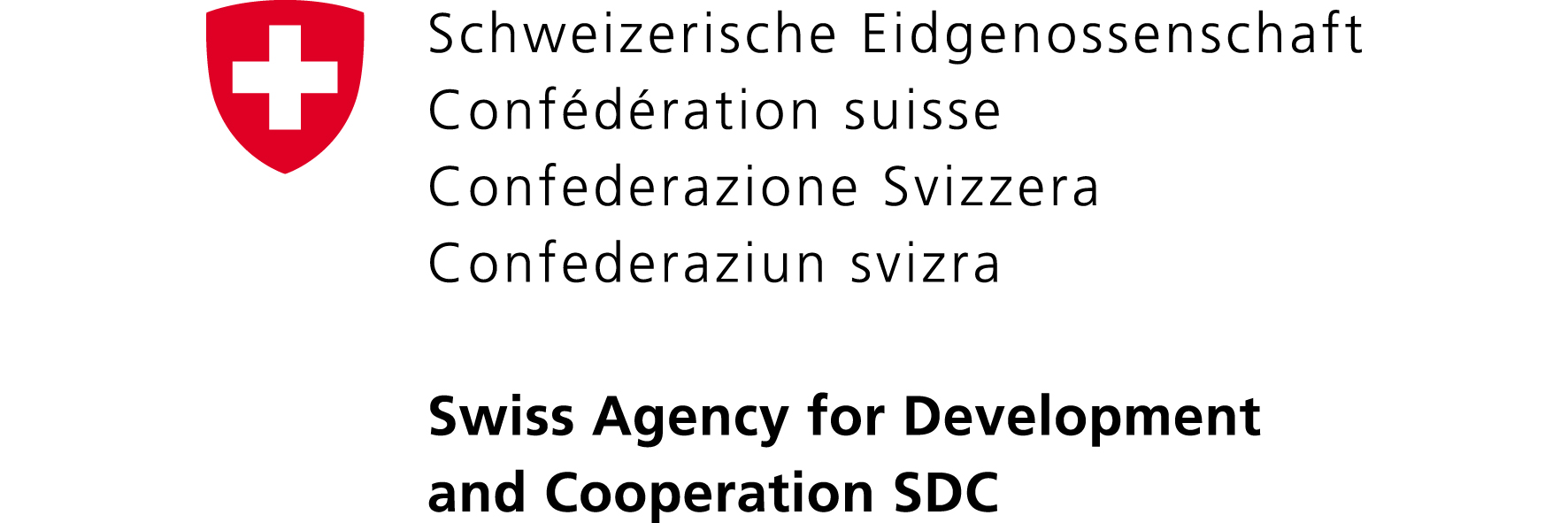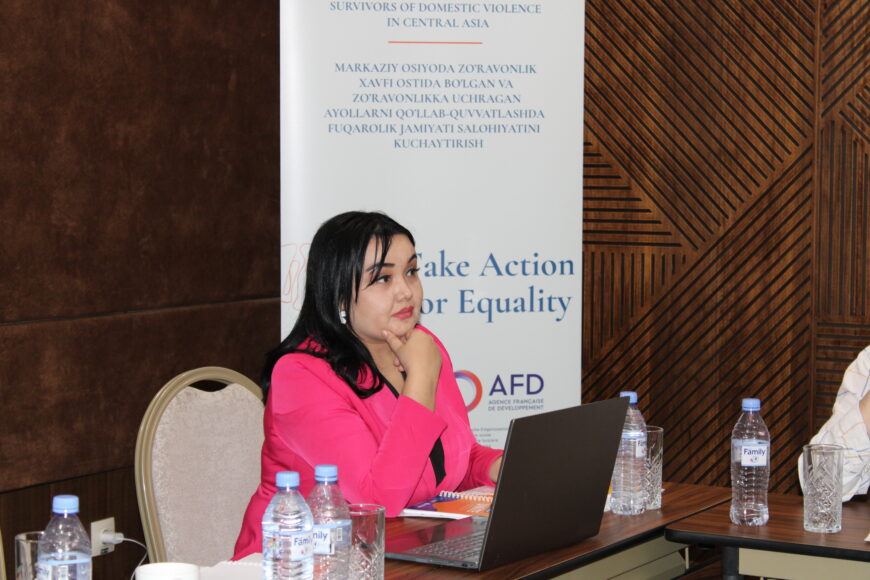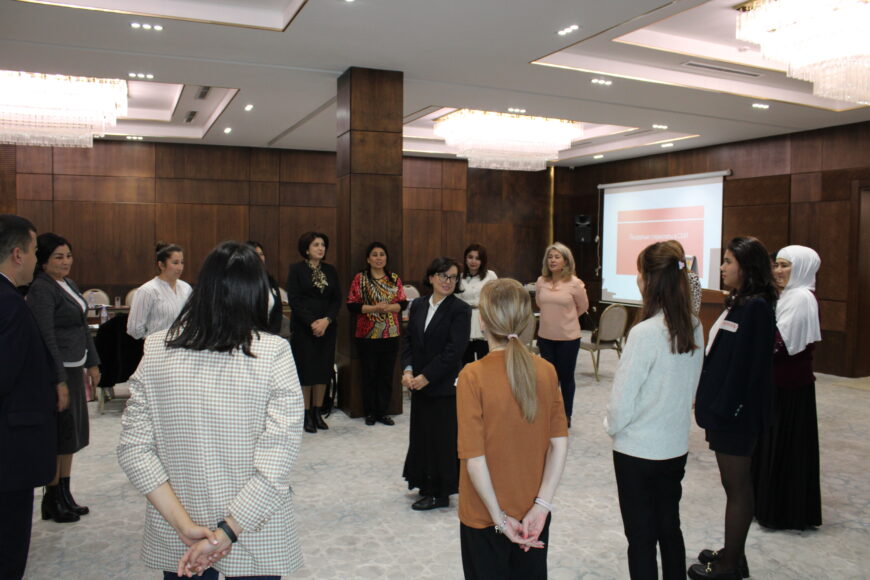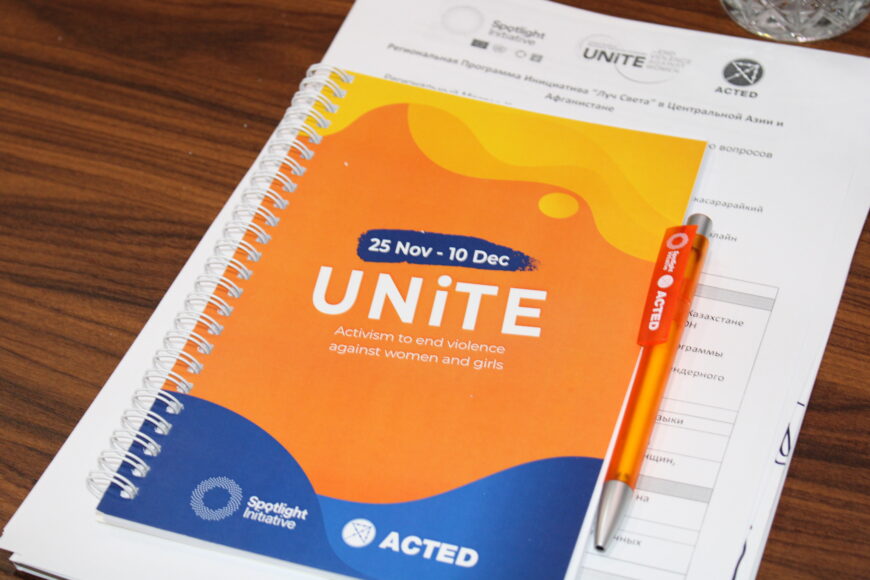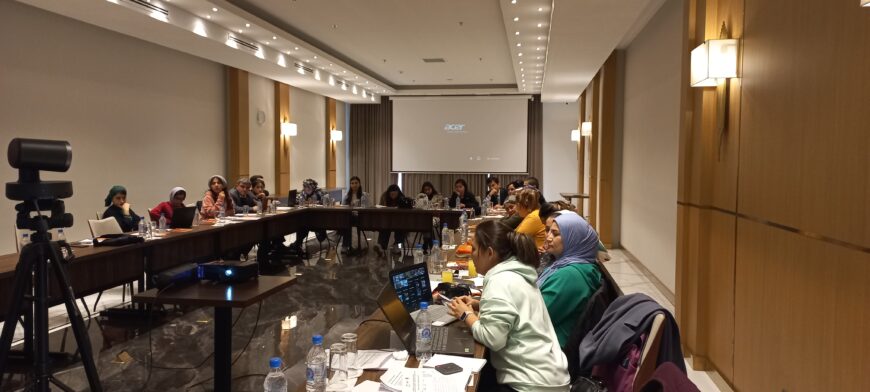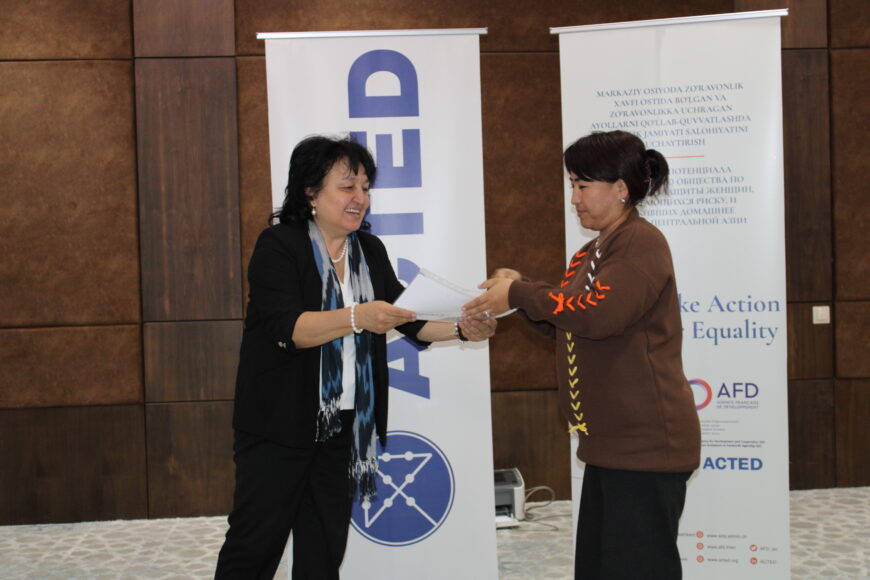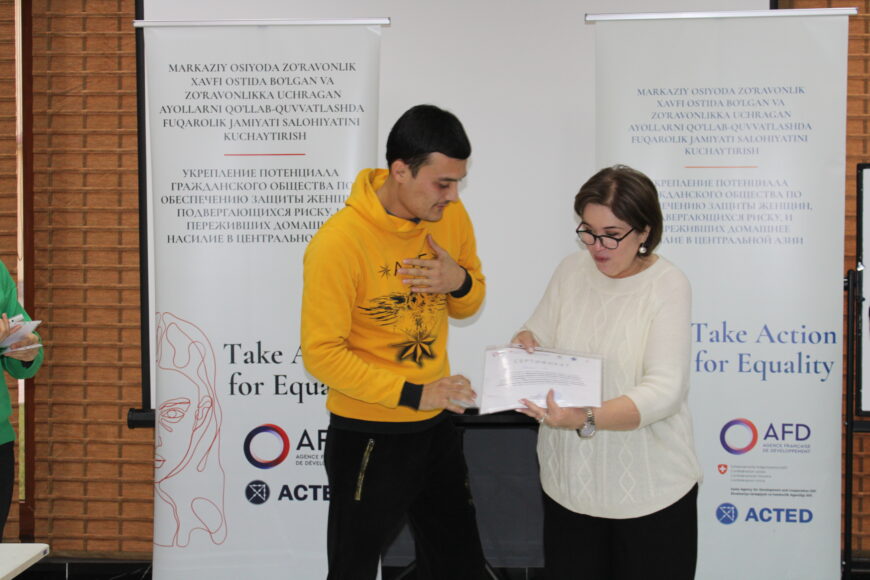Today is International Women’s Day, a day dedicated to the promotion of women's rights and gender equality. The occasion for ACTED to shed light on its actions against Gender-Based Violence (GBV) in Central Asia.
Kyrgyzstan, Tajikistan and Uzbekistan are three countries with high prevalence rates of gender-based domestic violence. In the framework of a three-years project funded by the Agence Française de Développement (AFD) and the Swiss Development Cooperation (SDC), ACTED is working with the local civil society to promote the protection and empowerment of women at risk or survivors of domestic violence.
The experience of violence for women and girls can vary greatly from that of boys and men, as the violence they endure may be specifically motivated by their gender. One in three women worldwide experiences physical and/or sexual violence in her lifetime, most often at the hands of an intimate partner.
About domestic violence
Domestic violence, also known as “domestic abuse” is one of many forms of violence against women. It is typically manifested as a pattern of usual abusive behavior towards a close relative in a dating or family relationship. The abuser exercises power and control over the victim. Abuse can be physical, sexual, emotional, economic, or psychological actions or threats of actions over another person. Children, and in particular girls, are also victims of domestic violence.
Gender-based violence in Central Asia
In Central Asia, traditional, societal, and economic practices, as well as patriarchal values and gender stereotypes, make women and girls highly vulnerable to abuse. Up to 50% of men and 30% of women in the region consider it acceptable for a husband to hit his wife. Low awareness of gender stereotypes and domestic violence continue to fuel the phenomenon.
Survivors of violence feel immense pressure from society, to keep the family together at all costs, resulting in widespread impunity for perpetrators. Stigma, economic dependence, and fear of retribution from abusers also prevent many women from seeking help. This situation can be exacerbated in rural and remote areas where women are often unaware of their rights and therefore may not even know they can complain or find refuge. They also have difficulty accessing crisis centers, shelters, and other services provided by civil society organizations, because they are unaware that such spaces exist. In addition, the capacity and reach of these frontline responders are limited.
Although the legal framework providing safeguards for victims of domestic violence has improved in all three countries in recent years, serious gaps remain in the effective implementation of this legislation. And since the economic empowerment of survivors has been largely neglected in these Central Asian countries, in the absence of alternatives, women are left with no choice but to return home to the cycle of violence.
It is in response to this need for protection from GBV that the consortium of ACTED and eleven local and national civil society organizations, all women-led, was formed. This regional and multi-sectoral effort aims to address the root causes of domestic violence in Kyrgyzstan, Tajikistan, and Uzbekistan.
Strengthen the capacity of CSOs to advocate for legislative changes on domestic violence
The law is often only preventive in nature and does not address the issues of identification and response to domestic violence. In the region, gender-related conflicts are often confined to the family and should not be brought up outside the home. Until two years ago, women’s rights and domestic violence were taboo subjects in Uzbekistan, which left the phenomenon invisible and hampered efforts to protect women survivors and those at risk.
Through this project, ACTED is supporting CSOs in improving their capacity to promote and advocate for improvements in legislation to provide protection guarantees to women victims of domestic violence. Such capacity building has already borne fruit. For example, in Uzbekistan, ACTED and its CSO partners have contributed to the development of two laws: “On Equal Opportunities between Men and Women” and “On the Protection of Women from Harassment and Violence”.
To complement this action, ACTED provides the necessary tools for CSOs to monitor the effective implementation of laws on domestic violence and CSOs are trained to be able to report rights violations and hold relevant actors to account.
Improving frontline support services for survivors of violence against women and girls
The networks of crisis centers and emergency shelters for surviving and at-risk women and girls in Kyrgyzstan, Tajikistan, and Uzbekistan, are insufficient in number and capacity to meet the needs. ACTED and its local partners are therefore working with these structures to strengthen their capacity and give them access to resources to improve essential services for the affected women.
These structures are being trained and supported to develop more comprehensive services for women survivors. The new services include free legal aid, health services, psychological support and economic reintegration programmes.
The establishment of economic reintegration programmes is a key component of this approach. Indeed, one of the main factors preventing women at risk and survivors of domestic violence from seeking help is their economic dependence on their husbands. Worried about their ability to provide for their children in the event of divorce, they resign themselves to the situation. Through the CSO-led reintegration programme, women have access to life skills training, technical and vocational training, and business start-up support. The objective is to strengthen women’s sense of economic independence and contribute to their social reintegration.
And to reinforce the impact of these programmes, ACTED and its partners are supporting the creation of businesses for these women seeking to empower themselves. For example, in Tajikistan, 40 business creation projects will receive financial support.
Finally, in order to ensure their sustainability, the frontline responders need to achieve financial autonomy, which is a challenge for many. To this end, ACTED and its partners are helping the CSOs to improve their financial capacity by providing fundraising training, linking them with donors and introducing social entrepreneurship activities to diversify their income.
Raising awareness to combat gender stereotypes and promote equality in society
Despite the efforts of local and national actors, gender stereotypes remain entrenched in all three countries, and the populations are not sensitized enough to domestic violence. To contribute to this effort of awareness raising and promotion of egalitarian social norms and attitudes, ACTED and its local partners are implementing various actions to support civil society actors. It includes community dialogues, sensitization of women and girls on their rights and media campaigns.
Recognizing that sexism and gender-based violence are systemic and embedded in all aspects of individual and societal experience, ACTED and its partners have been rolling out an awareness-raising campaign to combat gender stereotypes in the media. Journalists are the ones who transmit information and the way they do so directly impacts the rest of society.
Although we have been writing about gender issues for many years, this training made us aware of very important topics that we did not know about and how to address them in our papers.
Consortium members have been training journalists on topics such as gender stereotyping in the media, how to document gender-based violence, how to communicate with survivors of gender-based violence who wish to testify, and how to write appropriately on gender-sensitive topics.
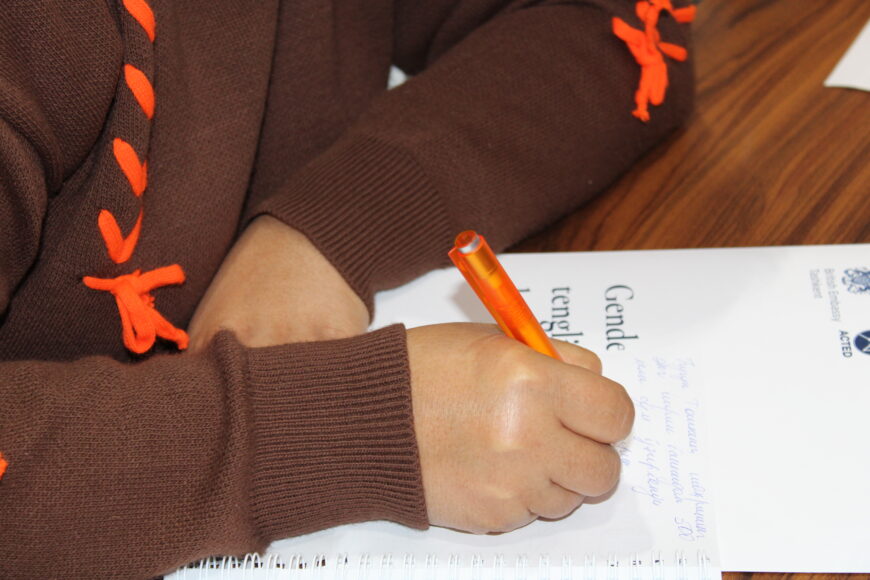
In Uzbekistan and Kyrgyzstan, a total of 80 journalists and bloggers have been trained in gender-sensitive journalism and domestic violence.
Now I will be more sensitive about how I talk about these topics in my articles and posts
ACTED action is implemented through these three pillars: Strengthen the capacity of CSOs to advocate for legislative changes on domestic violence ; Improving frontline support services for survivors of violence against women and girls ; Raising awareness to combat gender stereotypes and promote equality in society.
These all aim to achieve an overall objective, which is to strengthen the role of civil society in Central Asia in combating gender-based violence and promoting the protection and empowerment of women at risk or survivors of violence.
This holistic approach aims to generate sustainable change by addressing the root causes of domestic violence: the law, assistance to women survivors and prevention for those at risk, raising society’s overall awareness of gender-based violence to bring about systemic change.
Under this project funded by AFD and SDC, ACTED and its eleven national and local partners are mutualizing their complementary skills and creating peer-to-peer dialogues to ensure better protection for survivors and, more globally, to promote the rights of women in the region.
